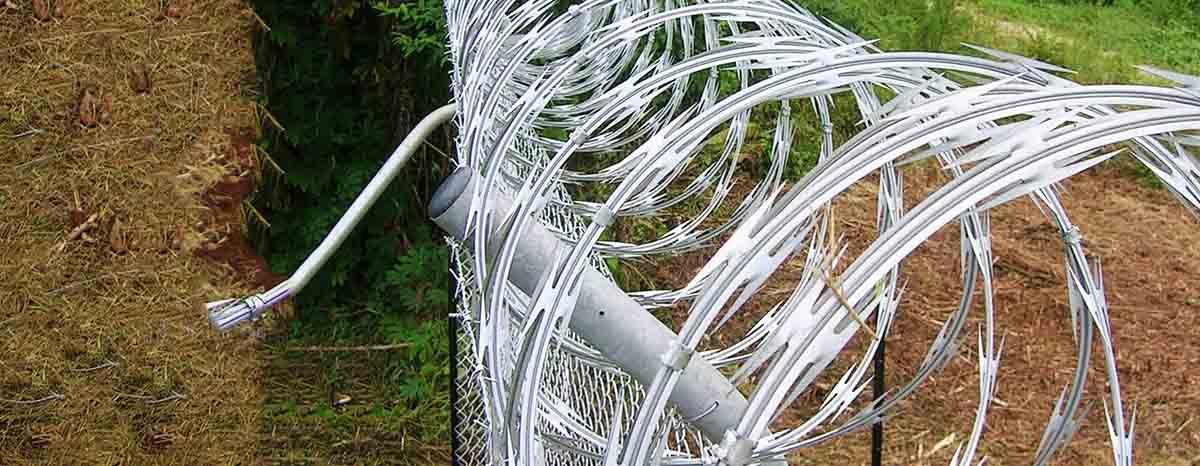Fencing Wire Price List: What Affects the Cost and How to Compare

You need clear information about the fencing wire price per meter before purchasing. Your location affects shipping costs for fencing supplies. Wire fencing comes in many types with different coating options. You can choose between stainless steel or galvanized wire mesh. The coating thickness changes the final price of your fencing wire.
So, whether it is a commercial place or a home, your area needs strong protection that fits your budget. Smart buyers research the Fencing wire price list before making a choice. This guide helps you pick the perfect fencing that matches your needs.
Understand a Few Things Beforehand
Factors Affecting the Cost – Best Way to Compare
The Fencing wire price list changes with coating thickness and material grade. Better coatings stop rust longer but increase starting costs significantly. Let us find out the parameters below –
- Quality of the Material that Sets the Price
The least expensive form of fencing is made of pure steel. Other metals added into steel enhance strength and, in doing so, push up prices. Rust comes off of zinc-coated standard steel wire fences. Premium alloys resist corrosion better than basic ones.
Special metals suit places with harsh weather or chemical exposure. Better materials mean longer life despite higher upfront costs. Testing proves quality differences between standard and premium grades. Manufacturing processes affect both durability and price points significantly.
- Size that Affects the Expense
Mesh patterns determine how much wire goes into each square meter. Small holes need more wire length than bigger patterns do. Your fence height directly multiplies the base cost per running meter. Standard sizes cost less because factories make them regularly.
Roll length significantly affects shipping charges and installation costs. Longer rolls reduce waste but require more storage space onsite. Custom widths solve special problems but usually cost extra. Factory standard sizes offer the best value for normal uses.
- Understanding the Coating Types
Basic zinc layers protect steel wire from normal weather exposure. Light coatings lower initial costs but need frequent maintenance checks. Heavy galvanizing costs more upfront but lasts many years longer. Colour options through powder coating add both beauty and protection.
Chemical-resistant coatings suit industrial areas perfectly. The salt spray needs special protection near coastal locations. Premium finishes extend life expectancy significantly in tough conditions. Better coatings justify higher prices through reduced maintenance needs.
- Comparing Supplier Carefully
Local dealers might charge more than direct factory sales. Bulk orders usually attract better prices per meter. Transport fees vary widely between different suppliers. Installation services add convenience but increase total project costs.
Good warranties protect your investment over many years. Service quality matters as much as the initial price tag. Regular suppliers offer better support than one-time sellers do. Price matches often happen when you show competing quotes.
- Quality that Guides Your Choices
Your fence choice needs careful cost comparison. Take time to compare Fencing wire price list options carefully. Size and coating options change final costs significantly. So, you must consider long-term expenses beyond the initial purchase price. You must match the wire specifications to the actual site conditions. Excellent suppliers offer detailed product information. So, you should always remember one thing – inexpensive or cheaper options will need more maintenance in the future. So, make your decisions accordingly.
Contact Shiva Engineering Company for high-quality GI fencing wires designed to meet diverse security needs. With a commitment to durability and precision, we ensure reliable solutions tailored to your requirements.
